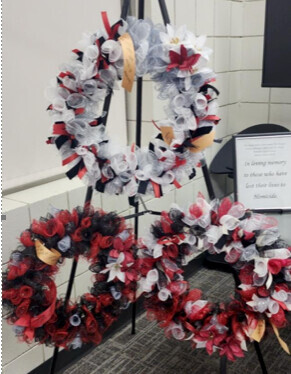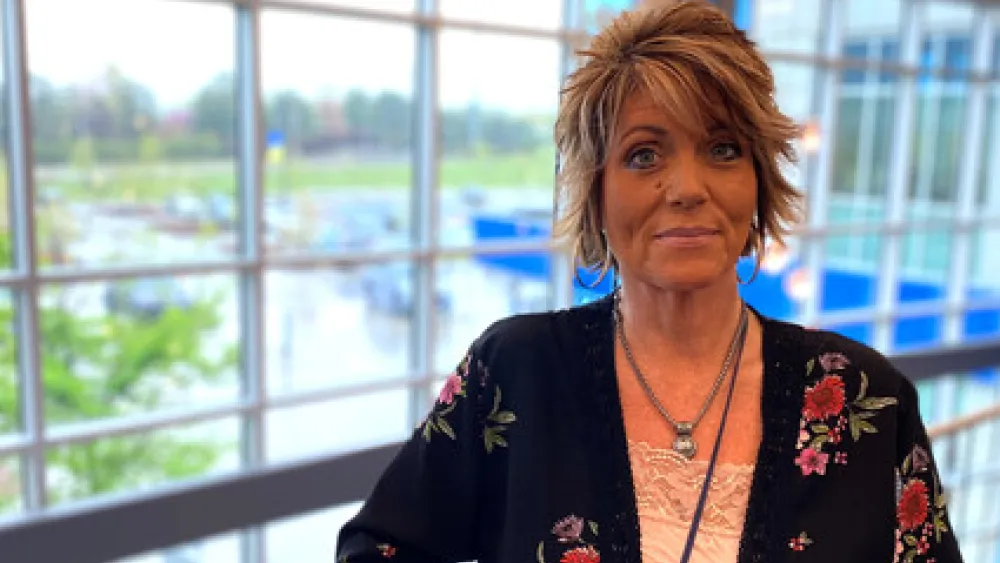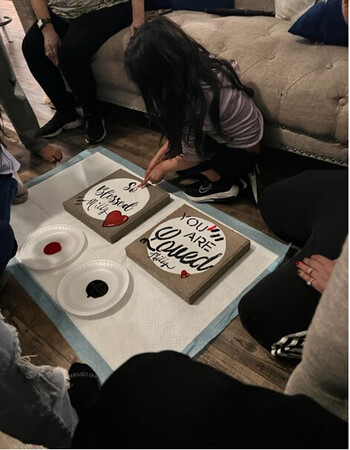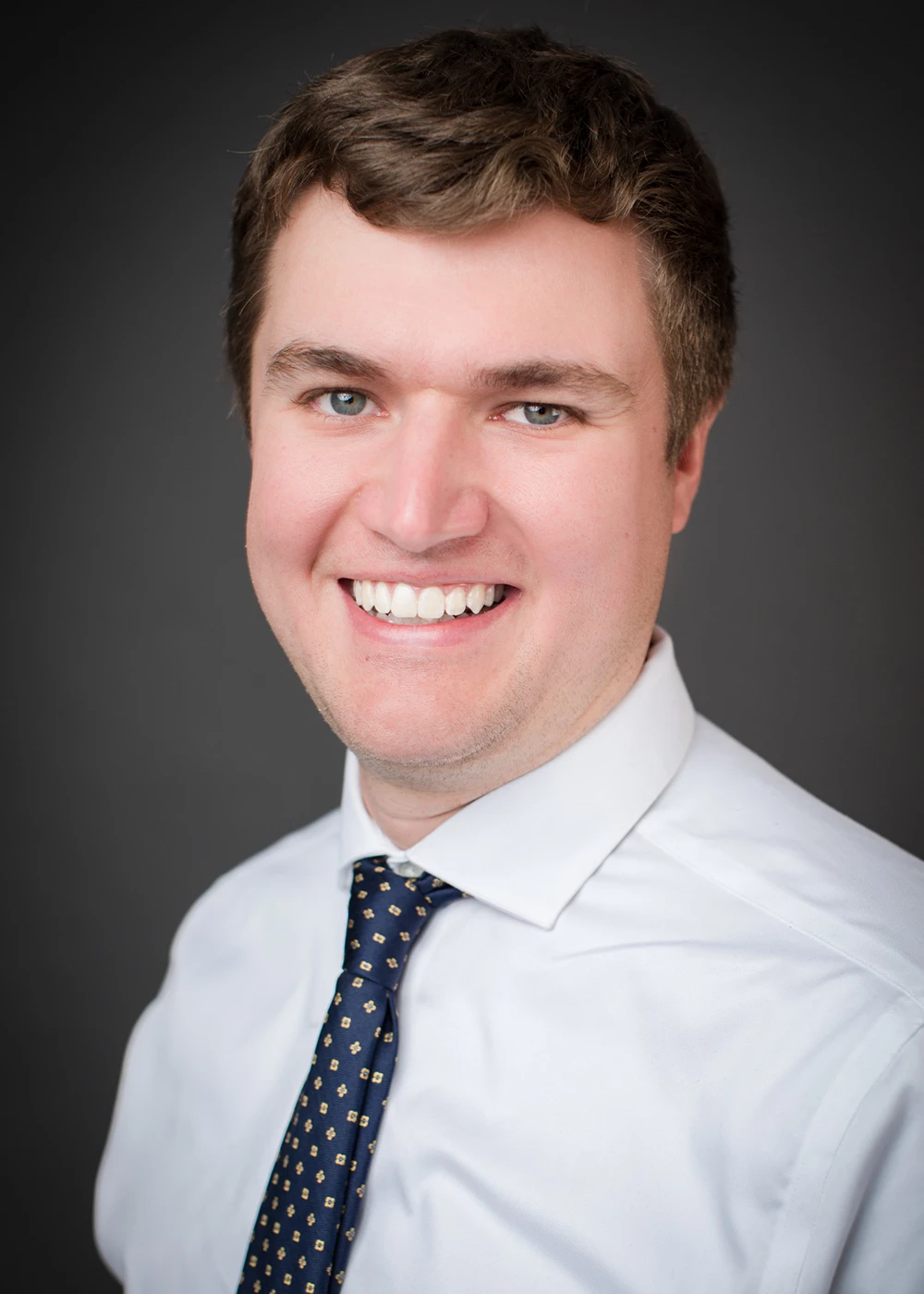
Our People
Methodist Employee Goes all in to Help Lead Omaha Homicide Support Group
Published: May 8, 2023

Throughout her 21-year Methodist career, Tracy Wright has gained valuable skills such as compassion, patience and learning to relate with a variety of people.
Wright started as a customer service representative, spent time working in Methodist Physicians Clinic (MPC) administration and returned to the business office as a billing representative for MPC before transitioning into her role as a senior patient billing representative.
In her current position, she’s responsible for making sure her team has what it needs to contact patients and insurance companies, and ensure that the billing process moves along as scheduled.
The skills Wright has learned at Methodist are vital not only for her Monday through Friday job but also for her work as a grief facilitator and one of the leaders of the Omaha Homicide Support Group.
Providing a Place to Share
When Wright lost her son because of a homicide in 2012, she relied on the Methodist Employee Assistance Program (EAP) to help her grieve and process the traumatic experience.
More than 10 years later, Wright is giving her time to others experiencing a similar loss. And she’s providing something that wasn’t available for her.
In conjunction with the Omaha Police Department (OPD), Wright helped launch the Omaha Homicide Support Group in September. The group provides a space for people who have lost a family member or friend to homicide to share their feelings and learn from others experiencing a similar loss. They discuss topics such as anger, self-care, dealing with the “year of firsts” and learning how to navigate the holiday season.
As many as 20 people attend each closed monthly meeting. Many have lost a family member to a homicide within the past 18 months, but some, like Wright, have had more than a decade to process their loss.

“People come to the meetings because it gives you peace and lets you know that you’re not alone,” Wright said.
In addition to the lively discussion, group members engage in activities that help honor their loved ones. This past holiday season, they made wreathes with personalized ribbons to display at their two meeting locations and at OPD headquarters.
The group also has a memory rock garden event planned for July.
All in With the Program
In the summer of 2021, Wright was invited by OPD and the Douglas County Attorney’s Office to discuss her perspective of working with the organizations following her son’s passing. After the meeting, she was approached about joining a committee and completing training to become a grief facilitator.
“They were forming the Homicide Support Group because the detectives and the police work the case, but they’re not necessarily very good working with families, which is why they wanted my perspective,” Wright said.
Wright completed the training to become a grief facilitator and went all in with the committee.
“I’ve been 110% in with this program, getting it launched and off the ground.”
Since the group launched last year, Wright has found ways to connect with families impacted by tragedy. After being contacted by the police department, Wright and a co-facilitator reach out to families of homicide victims and next of kin. They offer condolences, talk about grief facilitation meetings and can refer them to different resources that could be helpful, including counseling.

“Sometimes they don’t want anything besides a good ear to listen,” Wight said. “Some of the training that I’ve received from working in the business office with patients and insurance companies, like learning how to say the right thing, peppers into what I do with the Homicide Support Group.”
There are other groups in Omaha that offer grief support, but the Homicide Support Group is the only one that’s exclusively for people who have lost a family member or friend to homicide.
Wright admitted that she didn’t have high expectations for attendance when the group began.
“The first meeting we had, I hoped for three participants. In reality, I expected one person to show up. But when 13 people showed up for our first meeting, I knew this was the right path. It summed up for me that the support group is needed.”
Now after a few months of meetings, many attendees wish they met more than once a month.
“They stay and they continue to come back,” Wright said. “It’s doing something.”
Wright added: “I enjoy knowing that I’m part of a group that allows family members and friends a safe place to reflect on the happy times with their loved one, gain strength from other members during the rough times and share their story.”


